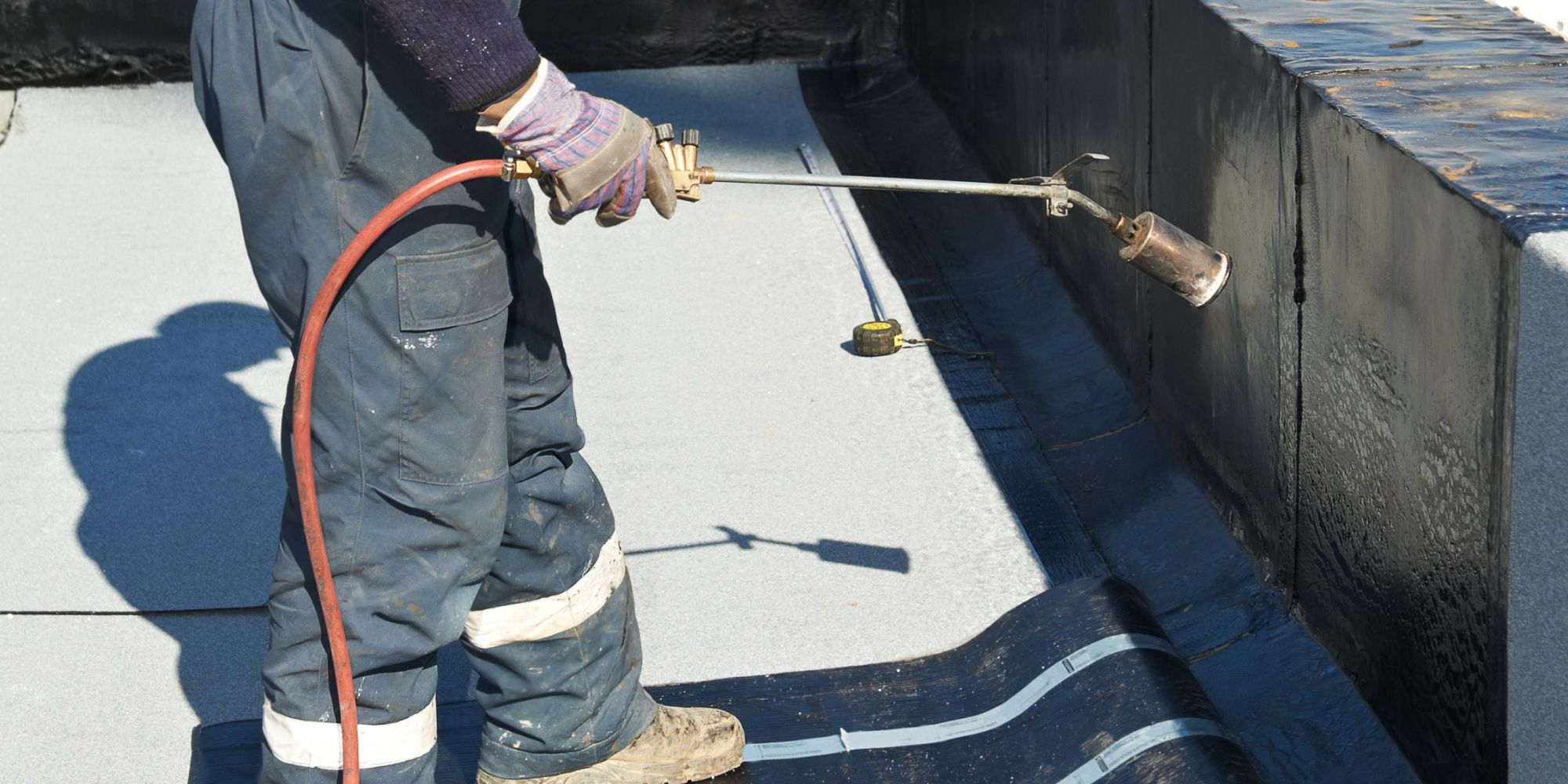Table of Contents
The Guide to Ideal Insulation

The importance of insulation in maintaining a comfortable home
THE insulation it is a critical element in maintaining a comfortable home environment. It helps regulate the temperature inside your home, keeping it warm in the winter and cool in the summer. By minimizing the transfer of heat between the inside and outside of your home, insulation plays an important role in reducing energy consumption and lowering utility bills. In addition, proper insulation helps to create a sound barrier, reducing noise pollution from the outside. In this section, we will explore the importance of insulation in maintaining a comfortable home.
One of the main benefits of insulation is its ability to control the flow of heat. Heat naturally moves from warmer areas to cooler areas. In winter, heat tends to escape from the inside of your home to the outside, causing the heating system to work harder to maintain a comfortable temperature.
Likewise, during the summer, heat from outside can seep into your home, making your cooling system less efficient. Insulation acts as a barrier, preventing heat transfer and keeping your home at a comfortable temperature all year round.
Another benefit of insulation is its ability to improve the energy efficiency of your home. By minimizing heat transfer, insulation reduces the need for heating and cooling systems to run continuously. This results in lower energy consumption and reduced utility bills.
In fact, studies have shown that properly insulating your home can lead to significant energy savings. By investing in insulation, you not only make your home more comfortable, but also contribute to a greener, more sustainable future.
In addition, insulation plays a key role in reducing noise pollution. Insulated walls, floors and ceilings absorb sound waves, preventing them from traveling through your home. This is especially beneficial if you live in a noisy neighborhood or near a busy road.
Insulation helps create a quieter living environment, allowing you to enjoy peace and quiet within the confines of your home. In summary, insulation is a vital element in maintaining a comfortable home, regulating temperature, improving energy efficiency and reducing noise pollution.
Understanding heat transfer and how insulation works
To understand the concept of insulation, it is important to understand heat transfer and how it occurs. Heat transfer can be done by three main methods: conduction, convection and radiation. Conduction involves the transfer of heat through direct contact between two objects or substances.
For example, when you touch a hot stove, heat is transferred from the stove to your hand by conduction. Convection, on the other hand, involves the movement of heat through the circulation of liquids or gases. An example of convection is when warm air rises and cold air descends, creating air currents.
Radiation is the third method of heat transfer and occurs through electromagnetic waves. The sun's rays, for example, radiate heat toward the Earth. Understanding these methods of heat transfer is essential to understanding how insulation works.
Insulation is usually rated based on the R-value, which measures the material's resistance to heat flow. The higher the R value, the better the material insulates. When choosing insulation for your home, consider factors such as the climate you live in, your desired level of insulation, and the specific areas that need insulation.
By understanding the principles of heat transfer and the role of insulation, you can make informed decisions about creating a more energy efficient and comfortable living space.
Roof insulation: Strategies to keep it cool
Insulating your roof is just as important as insulating your walls when it comes to maintaining a comfortable home environment. A well-insulated roof can help keep your home cool during the hot summer months by preventing heat from entering.
In addition, proper roof insulation can also help save energy and lower utility bills. In this section, we'll explore strategies for insulating your roof and keeping it cool.
One of the most common methods insulation roof is the use of reflective insulation. Reflective insulation consists of a layer of aluminum foil or other reflective material that reflects heat away from the roof. This type of insulation is particularly effective in hot climates where the sun's rays are strong.
Reflective insulation is placed directly under the roof, creating a barrier that prevents heat from entering the living space. It is important to ensure proper installation to maximize the effectiveness of reflective insulation.
Insulating your roof is essential to keeping your home cool in the summer and reducing energy consumption. By preventing heat from entering your home, you can create a more comfortable living environment and lower your utility bills.
Whether you choose reflective insulation, spray foam insulation, or another method, it is important to ensure proper installation to maximize the effectiveness of the insulation. By investing in roof insulation, you can enjoy a cooler home and a more efficient lifestyle.
Assess and improve the insulation in your home
Assessing and improving the insulation in your home is an important step in achieving optimal insulation and energy efficiency. By identifying areas that need improvement and treating them accordingly, you can create a more comfortable living environment and lower your utility bills. In this section, we will explore the process of assessing and improving the insulation in your home.
The first step in evaluating the insulation in your home is to perform an energy audit. An energy audit involves assessing your home's energy efficiency and identifying areas of heat loss or gain.
You can perform a basic energy audit yourself by inspecting windows, doors, walls and ceiling for any gaps, cracks or other signs of insulation problems. Alternatively, you can hire a professional energy auditor, who will use specialized equipment to assess your home's energy efficiency.
Once you've identified the areas that need improvement, the next step is to address them by improving the insulation. This may include adding insulation to the walls, ceiling and other areas as needed.
It is important to choose the right type of insulation for each area and ensure proper installation to maximize its effectiveness. Hiring a professional insulation contractor is recommended to ensure that the insulation is installed correctly and meets the required standards.
In addition to adding insulation, there are other steps you can take to improve the insulation in your home. These include sealing air leaks, upgrading windows and doors, and insulating ducts. Sealing air leaks involves locating and sealing any gaps or cracks that allow air to escape or enter your home.
This can be done with caulking, caulking or expanding foam. Upgrading your windows and doors to more energy-efficient models can also help improve insulation and reduce heat transfer. Duct insulation is another effective way to prevent heat loss or gain in your home's heating and cooling system.
Assessing and improving the insulation in your home is a worthwhile investment that can lead to significant energy savings and a more comfortable living environment. By performing an energy audit, identifying the areas that need improvement and taking the necessary measures to address them, you can improve the insulation and energy efficiency of your home.
It is important to regularly assess the condition of your insulation and address any problems immediately to ensure optimal performance. By prioritizing insulation, you can create a more sustainable and energy efficient home.
Hiring a professional insulation contractor
When it comes to insulation, hiring a professional insulation contractor is highly recommended. Installing insulation requires experience and specialist knowledge to ensure it is installed correctly and maximizes its effectiveness. In this section, we'll explore the benefits of hiring a professional insulation contractor and tips on finding the right one for your needs.
One of the main advantages of hiring a professional insulation contractor is their expertise in the field. They have the necessary knowledge and experience to assess your home's insulation needs and recommend the most appropriate solutions.
Professional insulation contractors are familiar with the various types of insulation materials and installation techniques, ensuring that the insulation is installed correctly and meets the required specifications. By hiring a professional, you can have peace of mind knowing that your insulation project is in capable hands.
Another benefit of hiring a professional insulation contractor is their access to specialized equipment and tools. Installing insulation often requires specialized equipment such as insulation blowers or foam sprayers. Professional contractors have access to these tools, allowing for efficient and effective installation.
Additionally, professional contractors are trained in the proper use of these tools, ensuring safety and optimal results. By hiring a professional, you can take advantage of their equipment and tools, which may not be readily available to homeowners.
When looking for a professional insulation contractor, it is important to consider several factors. Start by asking for recommendations from friends, family or neighbors who have recently had insulation work done.
Word of mouth recommendations can provide valuable information about the quality of work and customer satisfaction. Alternatively, you can search online for reputable insulation contractors in your area. Look for contractors with positive reviews and high ratings, which indicate their professionalism and quality of service.

Fill it in
Form